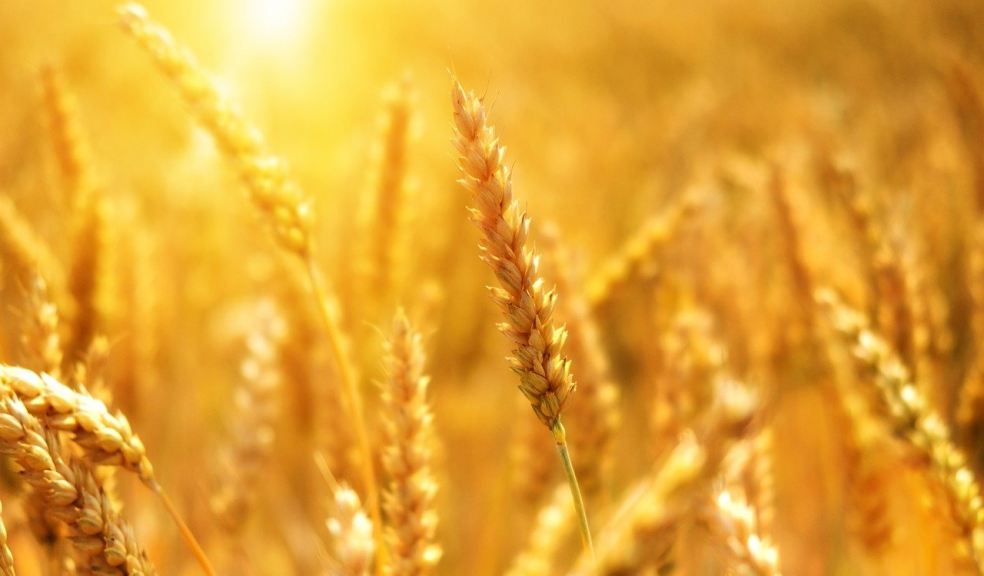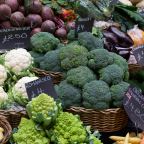
Food for Future Generations: Organic and Healthy
The current food production system has a significant impact on the environment; it contributes to 30% of greenhouse gas emissions, promotes deforestation and contributes to biodiversity loss. We need to reduce the loss and waste of food, which can account for up to 40% of food produced for human consumption. The current food and agricultural system must change if we are to reach the United Nations "second Sustainable Development Goal which is to end hunger, obtain food security, improve nutrition and promote sustainable agriculture.
Sustainable and organic agriculture will allows us to farm healthy food without affecting the climate for future generations. The transition to sustainable food production is important to ensure that we provide future generations with sufficient food while reducing the impact on our environment. Another way to meet this demand is not only to make organic food more accessible and increase demand, but also to invest in organic and unprocessed food and renewable agriculture.
The future of food: A sustainable solution
According to the 2019 study Eat Well: The Lancet Commission on Healthy Diets and Sustainable Food Systems, a global shift to more plant-based foods will help feed the growing population with a more nutritious and sustainable diet. In 2016, Costco had annual organic sales of $4 billion, dwarfing Whole Foods for the title of the largest organic farmer in the US. Organic farmers do not grow the products produced by Costco, but the company has decided to lend money to farmers to purchase land and equipment to grow organic products.
According to Betway Casino, the transition to a sustainable food system, capable of providing an estimated 10 billion people with a healthy diet by 2050 is going to be the most important issue. We need to rethink how we eat and the way we produce and process food. We also need to strike a balance between producing more food and preserving the planet for future generations.
Organic farming can be regarded as a sustainable alternative to food production. Organic farming produces healthy food without using toxic pesticides during farming. Organic food is also better for the environment, as it reduces our chemical pollution and less contaminates soil and air, not to mention what we eat.
Regional food systems promote food production at local level to reduce transport and environmental costs, support the local economy, produce safe and healthy food and maintain family farms. Building a strong local circulation system helps to keep valuable natural resources such as minerals and nutrients in circulation. System such as certified organic food and fair trade labelling will go a long way towards meeting the needs of consumers who want to be sure their food is produced with integrity.
Conclusion
It is clear that the world food system will face numerous and growing environmental and social challenges in the coming generation. As we celebrate World Food Day, many are wondering how we will solve these problems for the next generation. To make matters worse, experts fear that the term "organic food" is not sufficiently regulated. Despite the gradual shift to organic farming, we as consumers are increasingly concerned about the health effects of the consumption of pesticides and chemical fertilizers.













